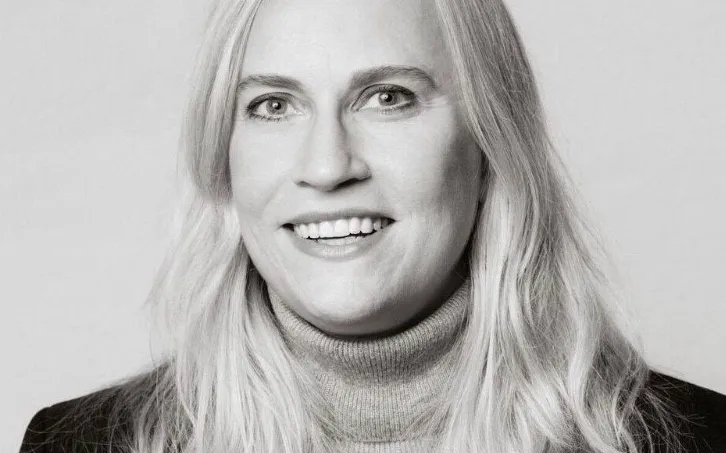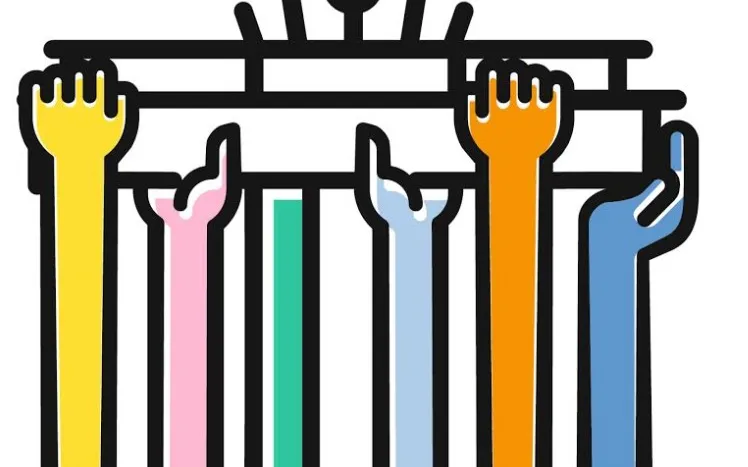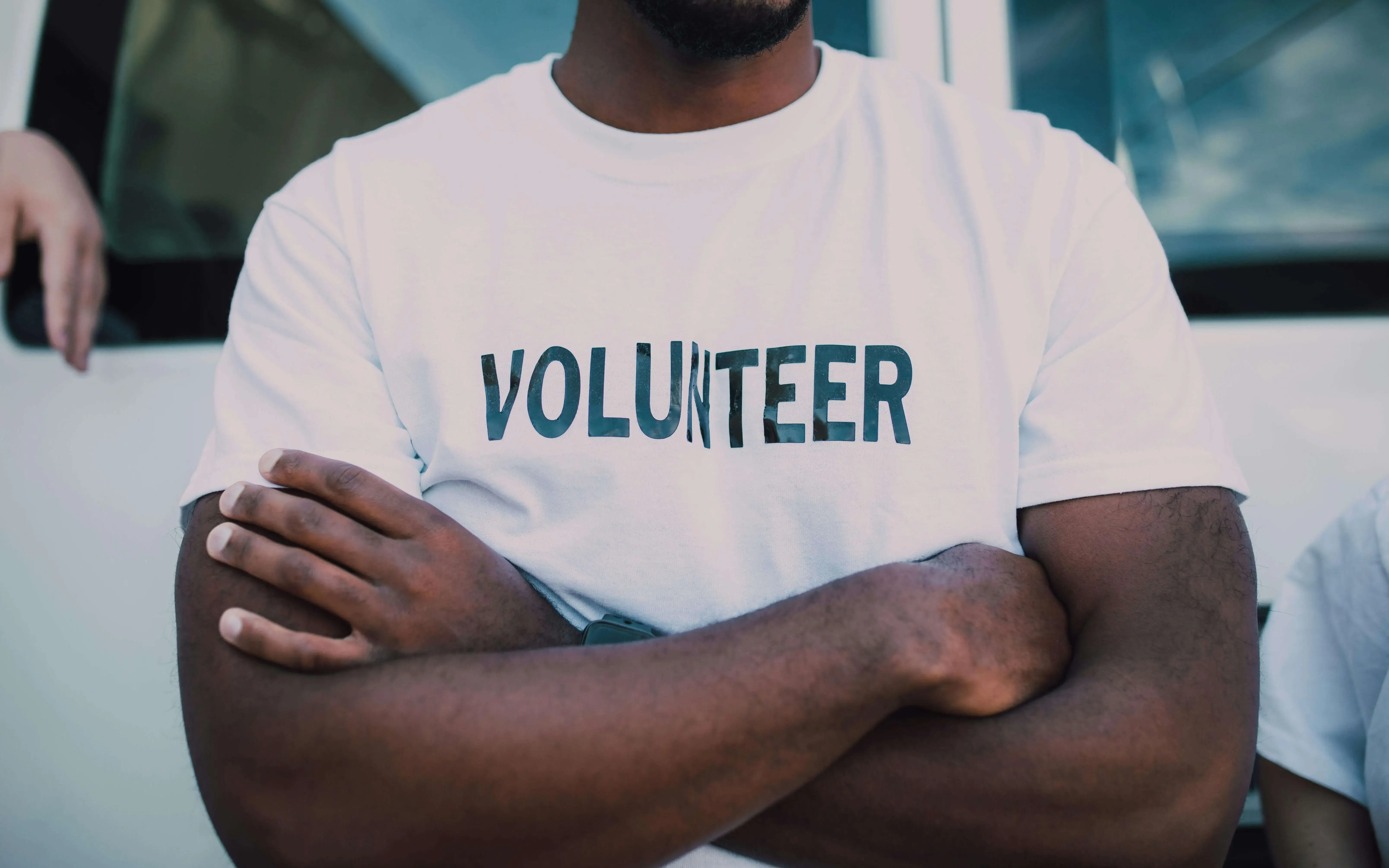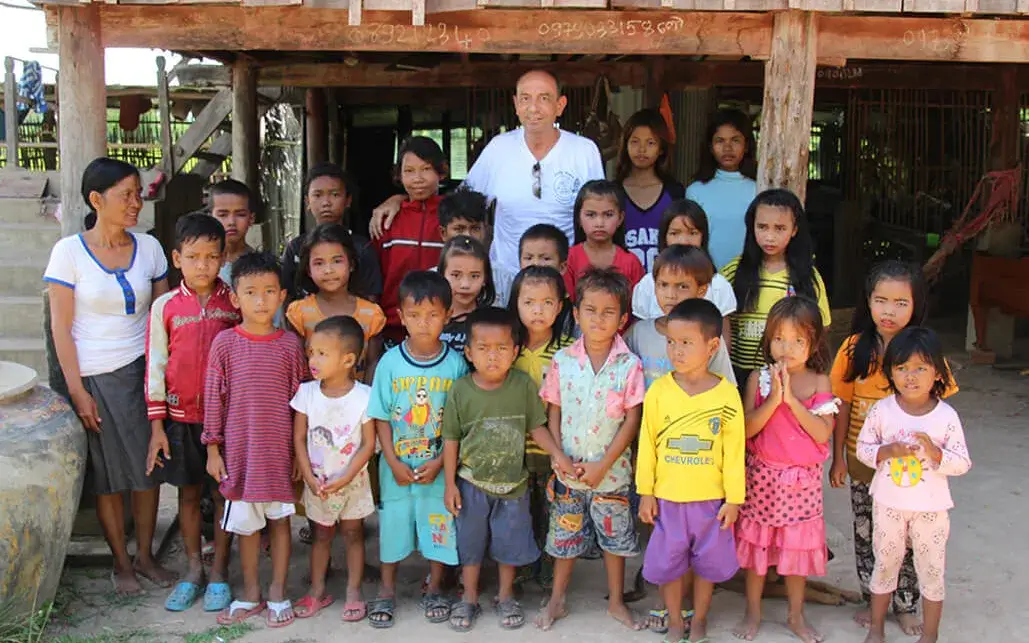The project manager of Berlin European Volunteering Capital 2021 talks about the many challenges they lie ahead and the current state of volunteering in the German city.
The European Volunteering Capital Berlin 2021 begins on 18th of February with the official opening. We have talked with Katharina Foerster, project manager of Berlin 2021 to know what prospects and aims they have.
Berlin hosts the European Volunteering Capital in 2021. What are your aims?
‘Discover the We in You’ is the motto of the European Volunteering Capital Berlin 2021. This does not only mean that the diverse voluntary engagement should become more visible and appreciated through campaigns and events. It should also be experienced by the volunteers themselves and have a role model effect. In addition, the existing promotion of voluntary work and democracy in Berlin is to be presented to a supra-regional/international audience, discussed and further developed with supra-regional actors.
From your point of view, what will be the benefits for the city?
The importance of volunteering is becoming obvious. People feel invited and activated because they experience that there are opportunities for everyone to get involved. Cohesion and a sense of belonging are strengthened. It also becomes clear what role volunteering plays in the functioning of society. Strengths and deficits in the interaction between politics, business and society are more strongly perceived, discussed and new ways are found.
What events do you expect to do during this year?
There are plenty of events which show how active volunteering is in Berlin and that would also take place independently of the European Volunteering Capital activities, such as the Engagementwoche; Berliner Stiftungswoche; Berliner Freiwilligenbörse; Berlin sagt Danke!; Berliner Freiwilligentage; Farbe Bekennen Award; Freiwilligen Woche; Bundesweite Woche des Bürgerschaftlichen Engagement; Berliner Stiftungstag.
In addition, we will organise forums, discussions and networking events that focus on different topics always guided by our four main topical pillars innovation, digitalisation, diversity and Europe. The European Volunteering Capital 2021 program starts with an opening ceremony on February 18, 2021 and end it just as ceremoniously in December around the International Day of Volunteering.
How do you expect that the Covid-19 can affect the programme?
Because of the circumstances we'll start the year with a lot of events that have to be digital or hybrid events. This can have both beneficial and detrimental effects on the programme. The same is true for the programme as for volunteering itself: crises can break new ground. Naturally, we hope that it will be possible to meet in analogue spaces again during the year.
What is the picture of the current state of volunteering in Berlin?
Almost every third person in Berlin is involved in voluntary work - for example in sports, culture, children's and youth work, care for the elderly, nature conservation or neighbourhood assistance. A huge part of voluntary work is organized by associations and other non-profit organisations. They make a variety of contributions to the common good in Berlin. More than 24,000 registered associations and over 1,000 legally capable foundations under civil law enrich Berlin.
What role is volunteering playing during the pandemic?
Involvement usually arises directly because people are interested in or enthusiastic about something and because they want to do good or make something better. This becomes particularly obvious during key events, such as in the summer of 2015, when Germany took in many refugees in a short period of time, or during the Corona pandemic in 2020/21. Spontaneous willingness to help created structures that have endured beyond the events.
At the beginning of the pandemic, it became immediately clear that some groups in society suffered particularly from the consequences of the restrictions on public life, e.g., homeless people who from one day to the next no longer had access to assistance. The existing voluntary structures became existential. Solidarity is a topic that gains importance at the latest in times of crisis.
In your opinion, what do you think that Europe needs to make the difference in this field (volunteering)?
With P.A.V.E., Europe has developed a guideline, programs like EVC promote cohesion in Europe.
What is the value of volunteering for any society? What could you say to persuade new volunteers?
Shaping the societies, we live in is a purpose in life for many people. Society is in a constant state of change. Especially young people bring in new ideas that make a city like Berlin what it is. Cohesion and appreciation are essential values that are lived by people who volunteer. Standing for and not against something can be an effective protection against hate, racism and discrimination









Add new comment